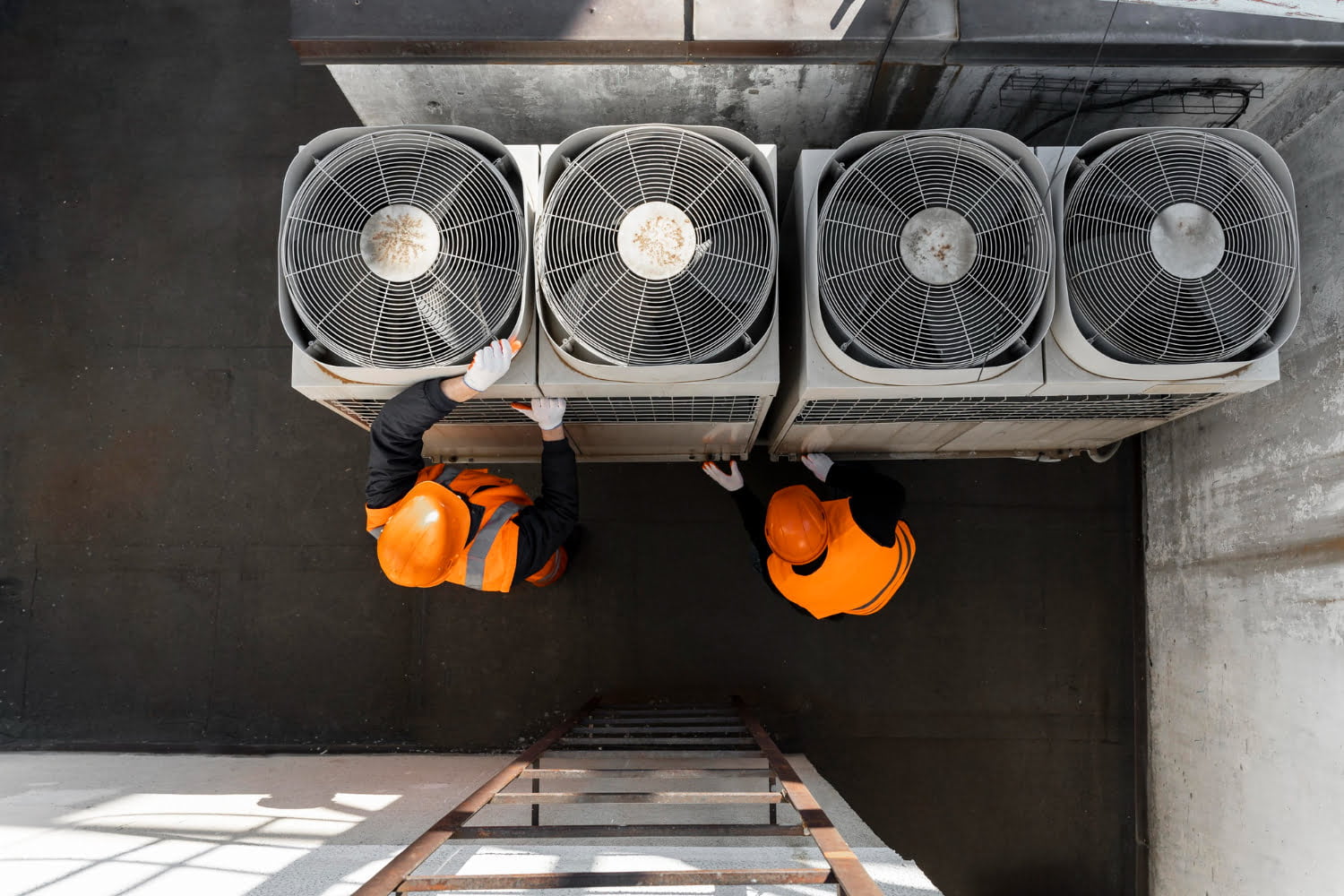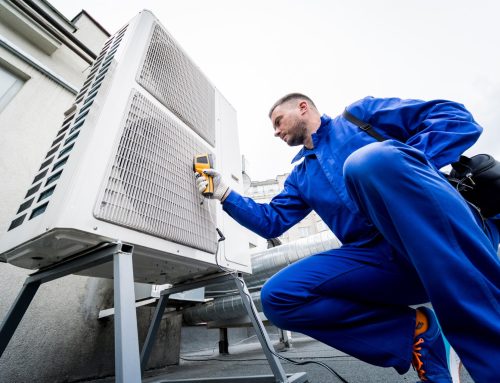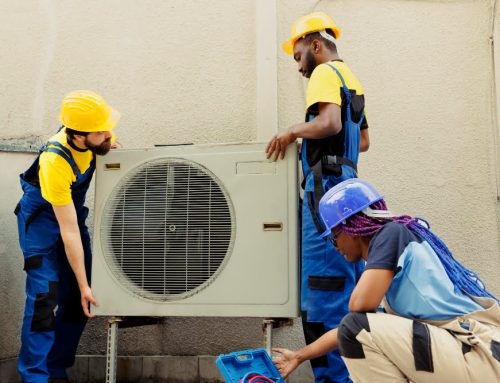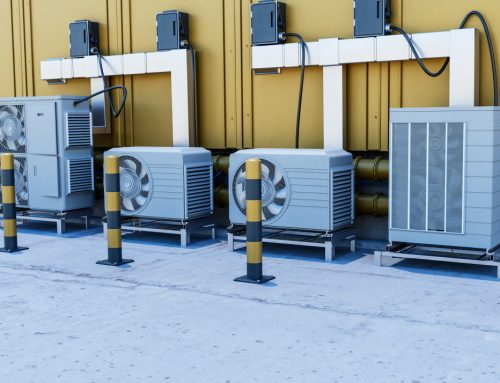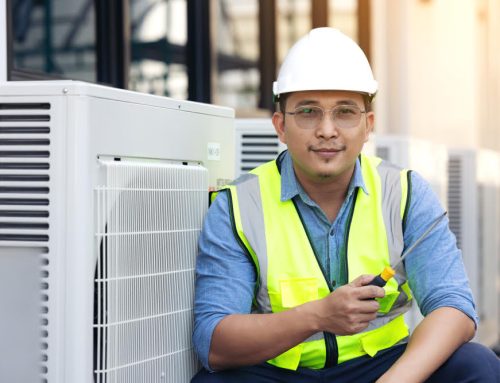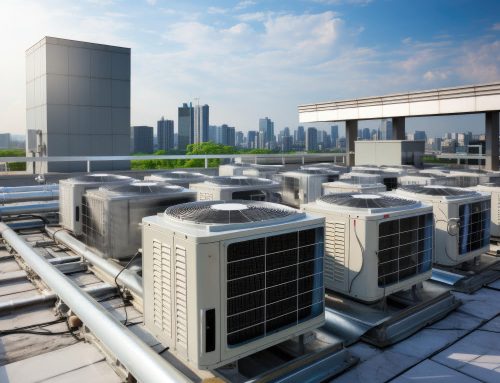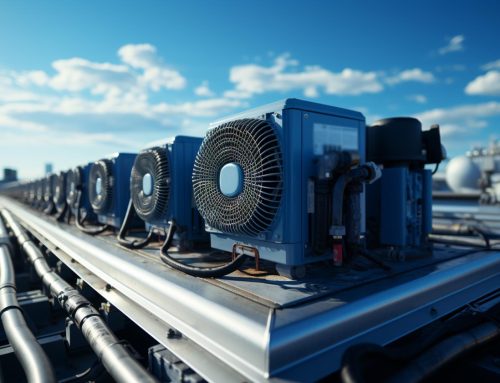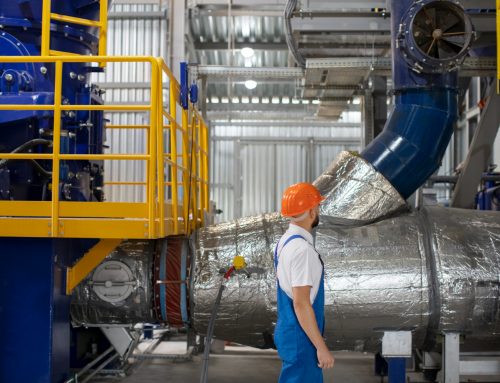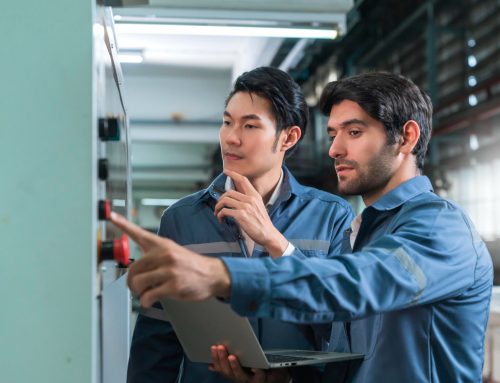HVAC Safety & Efficiency: A Complete Guide
In our fast-paced world, it’s crucial to ensure that buildings’ heating, ventilation, and air conditioning (HVAC) systems are safe and efficient. This involves maintaining their performance to protect the equipment, manage expenses, and support environmental care. At JMI Mechanical, we recognize the importance of safe and efficient HVAC systems. That’s why we’ve created this comprehensive guide with tips and practices to help you keep your HVAC solutions in optimal condition.
Importance of HVAC Safety
Proper maintenance of HVAC system is crucial for ensuring indoor comfort and safety, but neglecting these systems can lead to potential hazards. Recognizing the significance of HVAC safety not only prevents accidents but also promotes adherence to regulations, safeguarding both individuals and property.
Understanding HVAC Systems
Before we dive into safety tips, it’s important to know the basics of HVAC system. Understanding how these systems work helps identify any potential dangers and makes it easier to put safety measures in place.
Identifying Potential Risks
HVAC system can pose different risks, like electrical dangers, refrigerant leaks, and poor indoor air quality. Knowing what these risks are is the first step to stopping them from causing problems.
Operating HVAC Systems Safely
To keep HVAC system working safely and efficiently, it’s important to operate them the right way. From doing regular maintenance to following safety rules when using them, there are lots of things you can do to keep HVAC equipment safe.
Importance of Routine Maintenance
Regular maintenance is super important for stopping equipment from breaking down and making sure it works well. Making a plan for regular maintenance helps find and fix any issues before they get worse.
Ensuring Safe Installation
When installing HVAC equipment, it’s really important to do it right. Following the manufacturer’s instructions and using the best practices in the industry helps reduce risks and ensures that everything works properly.
Importance of Adequate Ventilation
Good ventilation is key to having clean air indoors and making sure people feel comfortable. Doing things like using the right filters and controlling humidity levels helps keep the air fresh and healthy.
Preventing HVAC-Related Fires
HVAC systems can cause fires if they’re not looked after properly. Doing regular checks and putting equipment in the right place helps lower the risk of fires starting.
Handling Electrical Components Safety
Dealing with electricity can be really dangerous, so it’s important to be careful. Following safety rules and making sure everything is insulated and grounded properly helps keep everyone safe.
Strategies for Improving Air Quality
Having good indoor air quality is important for keeping people healthy. Doing things like using good filters and controlling humidity levels makes sure the air is clean and safe to breathe.
Best Practices for Refrigerant Management
Refrigerants used in HVAC systems can be harmful to the environment if they’re not handled properly. Doing things like checking for leaks and getting rid of old refrigerants safely helps protect the environment and keeps everyone safe.
Responding to HVAC Emergencies
If something goes wrong with an HVAC system, it’s really important to know what to do. Having a plan in place and training people how to respond helps fix problems quickly and stops things from getting worse.
Importance of Training and Communication
Teaching people who work in or use buildings about HVAC safety is really important. Giving them training on how to use equipment safely and what to do in an emergency helps everyone stay safe and healthy.
Contact JMI Mechanical
Making sure HVAC systems are both safe and efficient is really important for businesses. It keeps people comfortable, follows the rules, and saves money. By following the tips and practices in this guide, businesses can lower risks, keep systems working well, and make indoor spaces safer and healthier. Contact us today for any of your HVAC needs.

